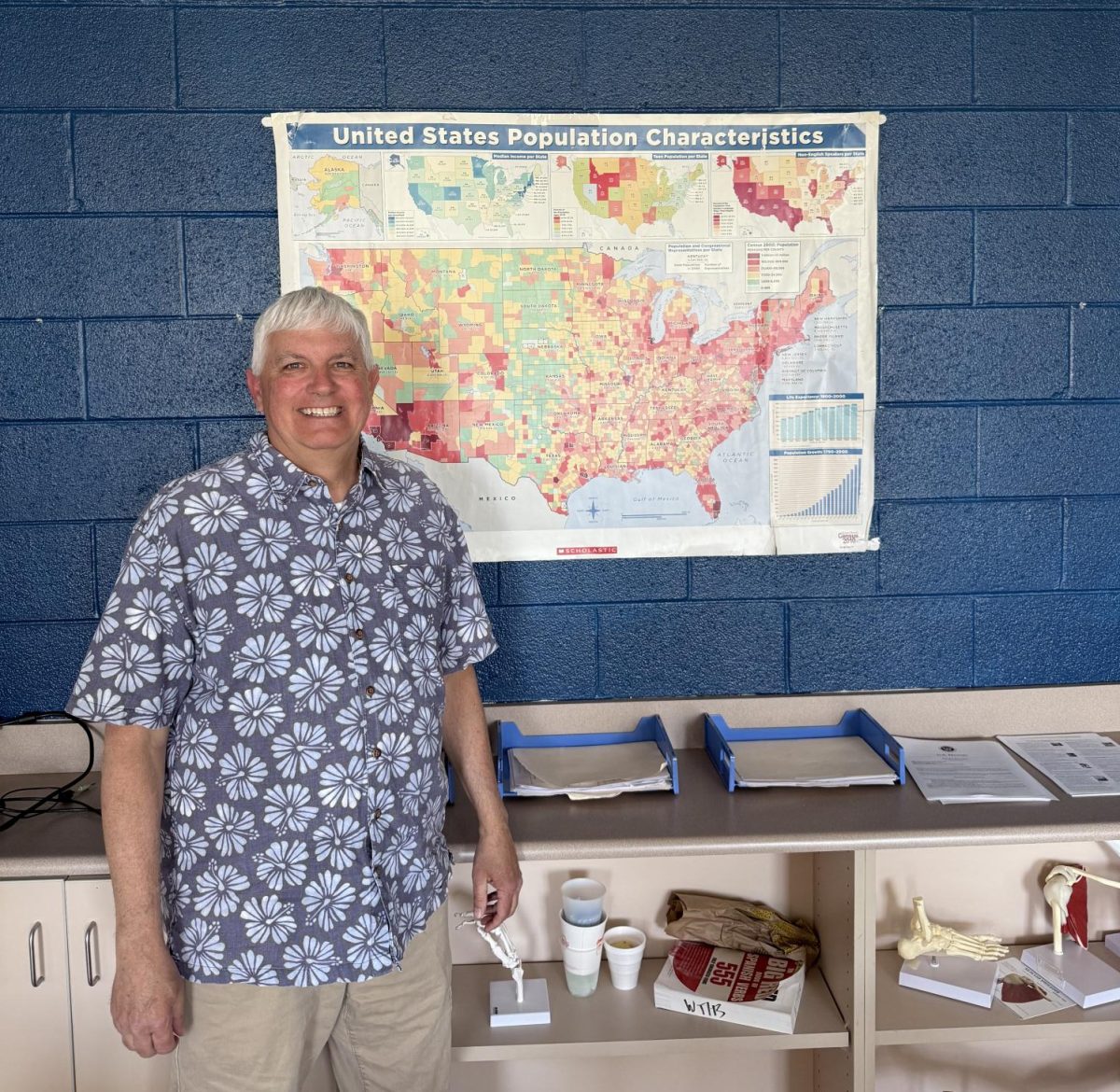The True Meaning of Black History Month
March 1, 2021
February, the second month of the new year. A time where people decorate cards and buy adorable gifts for their loved ones. Some would consider this month a time of romance and friendship; however, for the black community it is far more than just hearts and chocolate candies.
February is known as the month to represent, recognize, and reflect on Black people and how impactful they have been to not only the American society, but the entire world as a whole. Everyone knows about Dr. King, Rosa Parks, Harriet Tubman, and Malcolm X and how each of them reformed and created new pathways for Black people during times of hopelessness and depression.
Black History Month was originally known as “Negro History Week.” After 1976, US presidents have recognized February as Black History Month. Canada and the United Kingdom, as well as many other countries, also dedicate a month to appreciating Black History and community.
Yet no one mentions the other influential Black people: The Black Panther Party, Madam C.J. Walker, Bessie Coleman, Tupac, W.E.B Dubois, and many more powerful leaders. Since the beginning of the Trans-Atlantic Slave Trade, Black people have been seen as nothing except for a dusty, maple wooden step stool, constantly holding up others just to be seen as human.
Black History is much more than just a month of recognition. It’s a time for celebration, unity, love, responsibility, education, and new beginnings. As a high school student, I would love to see and hear my culture, as well as my community, being discussed more in the classroom. For instance, we could learn about the Tulsa Race Riots of 1921 and how that drastically impacted the Black communities around the nation. Another great topic we could learn of is the concept of how slave masters believed that black females couldn’t feel pain and were experimented on by J. Marion Sims without any anesthesia.
In addition, not only is it beneficial for Black students to be more informed about significant events from the past, it’s beneficial for students from other racial backgrounds. If students across the nation were taught about what actually happened in history and discussed the effects it had on the Black community all the way up to modern times, then this will lower the racial tension rates. Moreover, conversing skills among the students will improve and allow for more civil conversations.
This will also be a great learning experience for the staff as well. Once teachers are more informed about the Black community, they can acknowledge how certain words negatively affect a student’s emotional and mental well being. For example, I’ve noticed how many staff and administrators still use the term ‘Blacks’ to refer to a group of black people. Some even use it as a way to generalize the entire community. When it comes to a teacher using the term ‘Blacks,’ it lessens us down to only our race instead of people; even if it’s inside a book, online, or any form of literature, teachers should never speak in a way that’ll make their students uncomfortable. This can cause a disconnect between students and staff. If teachers were trained better on how to speak or address situations, it’ll show students that teachers actually care and respect them.
Overall, Black History is a time for everyone, no matter their race, background, religion, to learn how one community alone has influenced, educated, developed, and is constantly changing the way society has viewed them socially, economically, and politically.









